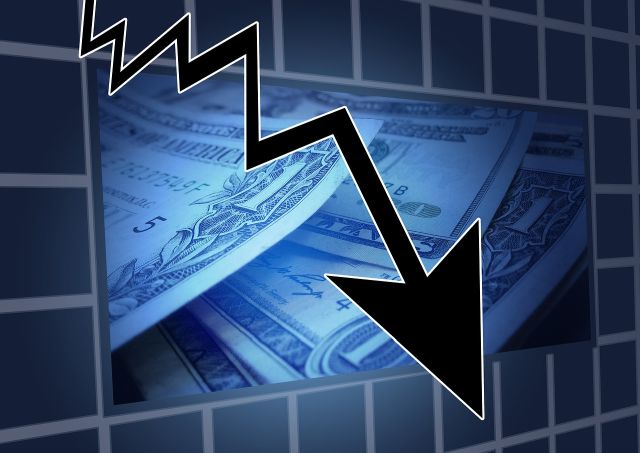Israeli high-tech companies have suffered a slowdown in the first quarter of 2023, raising only $1.72 billion in 105 deals, a 70% drop from the same period in 2022 and a 79% drop from the peak in Q4/2021, According to a report by IVC and Leumitech.
The review by the Research and Policy Institute (SNPI) Start-Up Nation Policy Institute found that in the first quarter of 2023, the number of investments in Israeli high-tech stood at only 1.7 billion dollars – the lowest quarterly figure since 2018.
The first quarter of 2023 saw the lowest level of investment in Israeli start-ups since 2018 at $1.7 billion. 40% of this amount was invested in just three start-ups:
eToro, Wiz, and Via, which raised $660 million collectively. Yet it is unclear that even this money will remain in Israel as the judicial reform prompted Wiz’s founders to declare they would use the money outside of Israel “will not enter Israel.”
Will you offer us a hand? Every gift, regardless of size, fuels our future.
Your critical contribution enables us to maintain our independence from shareholders or wealthy owners, allowing us to keep up reporting without bias. It means we can continue to make Jewish Business News available to everyone.
You can support us for as little as $1 via PayPal at office@jewishbusinessnews.com.
Thank you.
If the current investment rate persists until the year’s end, Israeli start-up investments will amount to $6.8 billion in 2023. This represents a significant decrease of approximately 60% compared to the previous year and 75% compared to 2021 investments.
While it is impossible to separate the two effects—the ongoing global recession and the domestic unrest – the combination severely jeopardizes the future of Israel’s high-tech sector.
VC Investments in Israeli Start-Ups
Furthermore, the number of deals was notably low at just 112, the lowest on record. While this is certainly concerning, it’s worth noting that this figure could potentially increase significantly in the future as previously unknown investment rounds come to light.
Number of VC Investment Rounds in Israeli Start-Ups
International Comparison Because it is hard to separate between the different factors contributing to the ongoing decline in Investments in Israel’s ecosystem, it is useful to compare it with VC investments in other ecosystems. The figure below shows a high correlation between the three ecosystems – Silicon Valley, Israel, and London. However, in Q1 2023, Silicon Valley started bouncing back while London and Israel declined. This could be attributed to the tendency of financial capital to flow towards the US during times of high uncertainty, owing to its exorbitant privilege.
The fact that London continued to decline makes it harder to identify the impact of the unique factor affecting the Israeli ecosystem, namely the judicial reform.
New start-ups and early-stage investments
The decline in investments and the decrease in the number of new start-ups since 2017 sets the Israeli high-tech industry in an unfavorable position. However, the impact of this situation varies among different cohorts of start-ups.
“To evaluate the difficulty that different Israeli startups may face, we looked at the transition rate from Seed stage to A funding rounds,” according to the report.
“In the State of the Israeli High-Tech Industry report for 2022, we found that companies that raised Seed rounds between 2019 and 2021 benefited from the hype period and increased A rounds ahead of schedule. Therefore, despite the low fundraising rate in the first quarter of this year, the percentage of companies that raised A rounds is still very high compared to previous years.”
Even if the fundraising rate remains low in the upcoming quarters, the proportion of companies that have transitioned from Seed to A funding his, we can conclude that the main problem lies with new start-ups that were established or raised Seed funding in 2022. Considering the two trends impacting the Israeli tech industry, these companies will struggle to raise series A funding, and many may close.
Should the decrease in funding for Israeli startups in their early stages persist, it may further dampen the already low levels of entrepreneurship in Israel’s tech industry.
Initial data on entrepreneurship in 2022 indicate that the trend of decreasing numbers of new start-ups was amplified this year. If 2023 continues this trend – Israel may lose its status as “the Start-Up Nation”.




